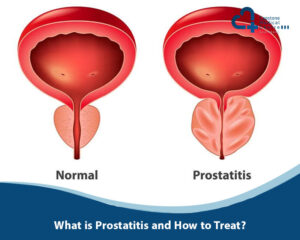
What is Prostatitis and How to Treat?
Prostatitis, a condition that has significant implications for men’s
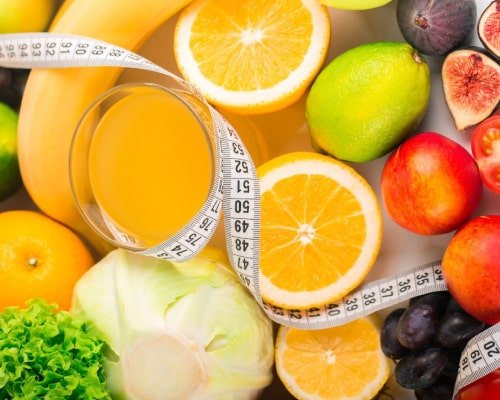

MD, FRACGP, FACAM
Advance Diploma in General Dermatology
Diploma of Cosmetic Medicine
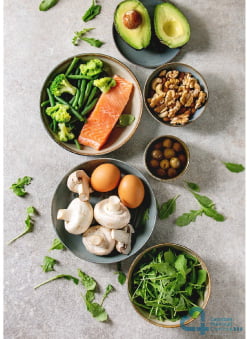
In a world where Uber Eats and Doordash allow for fast food to be at the reach of our fingertips,
– healthy eating and dieting are becoming foreign and intangible concepts to modern society. We all want to look like Chris Hemsworth and Tom Cruise, but many of us are unsure where to begin. We often look to Google but are overwhelmed by the sheer number of resources and articles which then leave us feeling even more confused than when we started.
Ultimately, the key to losing weight can be simplified into 2 concepts – diet and exercise. This article aims to provide a simple introduction to individuals looking to start their dieting journey, specifically helping to distinguish healthy foods from unhealthy foods, as well as to understand the importance of the quality of foods that we consume daily.
To lose weight, we need to be in an energy deficit. This idea of an ‘energy/calorie deficit’ is often thrown around, but what does it mean?
Our bodies rely upon a certain amount of energy to perform its daily functions. This energy comes from food in the form of calories. We can create an energy deficit by consuming fewer calories than our body uses to perform all its functions. For example, my body needs 2000 calories to function, but if I consume 1800 calories – I am in deficit of 200 calories.
Due to this energy deficit, the body will begin to break down our fat stores to produce energy, thereby leading to decreased fat and weight loss.
As a result, many individuals have chosen to begin calorie counting to help track what they eat, to ensure they remain in a calorie deficit.
This is made easy by phone applications such as MyFitnessPal, Lose It! Noom etc. However, whilst it is important to maintain a caloric deficit, it is crucial that we still consume nutrient-dense, high quality and healthy foods and avoid falling into the trap of unhealthy ‘yoyo’ dieting.
So, what exactly are these nutrient dense, high quality, healthy foods that everyone keeps raving on about? Foods such as burgers, pizza, fried foods etc. are processed and are exactly the type of food we want to avoid. A balanced diet should consist of plenty of fruits and vegetables, whole grains, healthy fats, and high-quality protein sources. These foods are also low-GI, high in fibre, protein, and nutrient dense.
Eggs are a high-quality source of protein and are perfect when scrambled, poached, boiled, or even fried for any meal of the day. They are packed with essential vitamins and minerals, as well as ‘healthy’ cholesterol that lowers the risk of cardiovascular disease. It is a cheap and flexible option that can be easily incorporated into any diet.
For all those that dislike vegetables, make sure you read this. The beauty of leafy greens such as kale and spinach and vegetables such as broccoli, cabbage, Bok choy etc. is that they contain very few calories and can be consumed in large volumes which will make the arduous process of dieting a lot easier. It is also extremely easy to pick up a pack of leafy greens from your local Coles or Woolworths and paired with some Balsamic vinegar, it will make you question how you ever disliked vegetables in the first place.
Fish are a superb source of healthy fats and protein, which are optimal for muscle growth and weight loss. Salmon is available from any local deli and can be ready to eat within 15 minutes of placing it in the oven. It also has been shown to prevent cardiovascular disease.
In recent years, consumption of meat has been looked down upon due to its impact on the environment, as well as it’s detrimental impact on cardiovascular health. Whilst this is true to an extent, lean meats such as chicken breast and mince beef are both affordable, low in fat and high in protein – the perfect recipe to lose weight and build muscle.
Oatmeal is an all-time great when it comes to a high-fibre, low-GI breakfast option. Along with some honey, berries, and banana it aids the digestive system, keeping you satiated for longer and is low in calories, which is perfect for weight loss. Oatmeal also belongs to the wholegrain family which includes nutritious foods such as brown rice, quinoa and barely which are equally healthy and offer similar benefits.
Plain Greek Yoghurt is also another low calorie, protein dense superfood, which paired with fruit and a drizzle of honey, makes for the perfect healthy summer snack.
Nuts are a healthy source of fats and protein and are perfect for snacking. Although, consume in moderation as they are calorically dense foods.
Berries, along with many other fruits, are low calorie, nutrient dense snacks. Low calories mean high volume, which alongside oats or plain Greek yoghurt (or even both), makes for a satiating, delicious meal.
Like nuts, avocadoes are another healthy source of fats. They are rich in vitamin K, C, E, and folate. They go perfectly with a side of scrambled eggs.
Chia Seeds are full of antioxidants, vitamins, and minerals. They are protein-rich and high in fibre. Like the other foods, they are often added in small portions to larger meals which will help make you feel satiated and keep cravings to a minimum.

Prostatitis, a condition that has significant implications for men’s
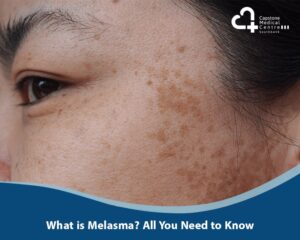
Ever looked in the mirror and noticed patchy brown

Ever feel like your skin is begging for moisture?
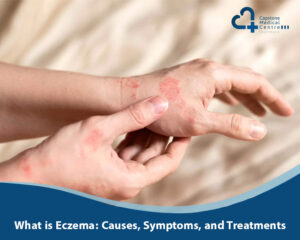
Do you ever find yourself relentlessly scratching your skin,
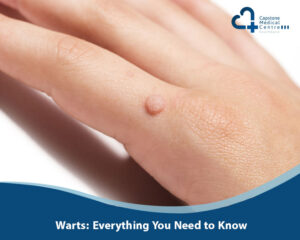
Have you noticed a rough bump on your hand
Monday – Wednesday
Thursday – Friday
Saturday
Sunday
Public holidays
9 am to 5:30 pm
8:30 am to 6:30 pm
10.00 am to 3.00 pm
closed
closed
© 2020 All rights reserved.
